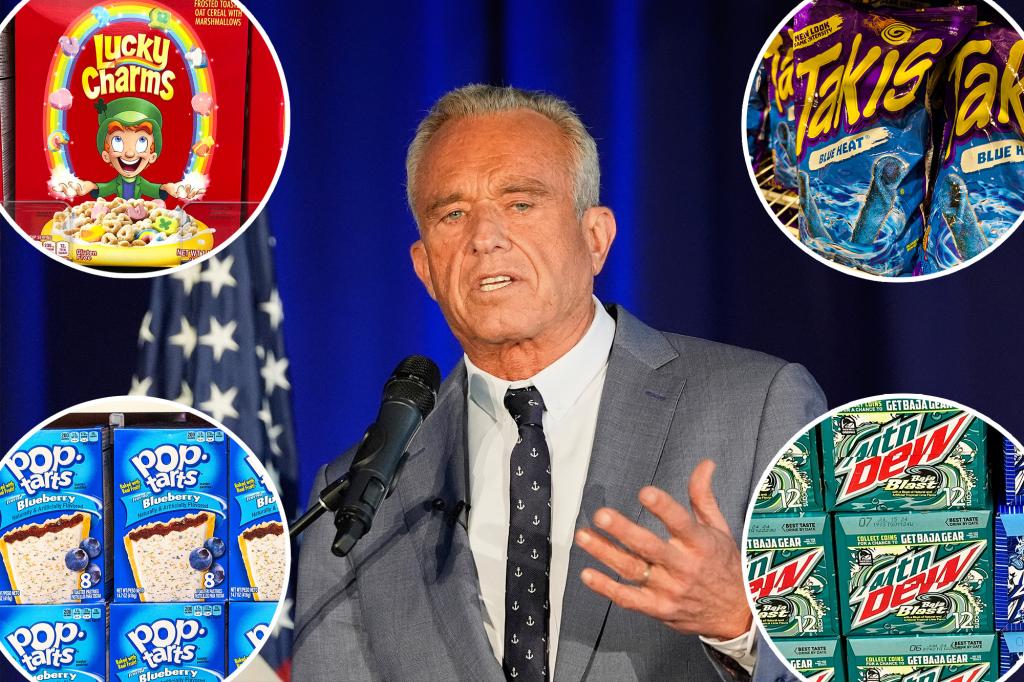Color Me Dangerous: The Hidden Health Threats in Your Favorite Processed Foods

In a passionate stance against artificial additives, environmental advocate Robert Kennedy boldly declared that food dye is an unnecessary and potentially harmful ingredient that consumers should reject. Speaking at a recent press conference, Kennedy emphasized the public's growing distaste for petroleum-based colorants in food, stating emphatically, "Food dye is simply a no-brainer. Nobody wants to consume chemicals derived from petroleum in their meals."
His remarks highlight a growing consumer awareness about the origins and potential health implications of artificial food coloring. By drawing attention to the petroleum-based nature of many food dyes, Kennedy is challenging food manufacturers to reconsider their ingredient choices and prioritize natural, safer alternatives that consumers can feel good about consuming.
